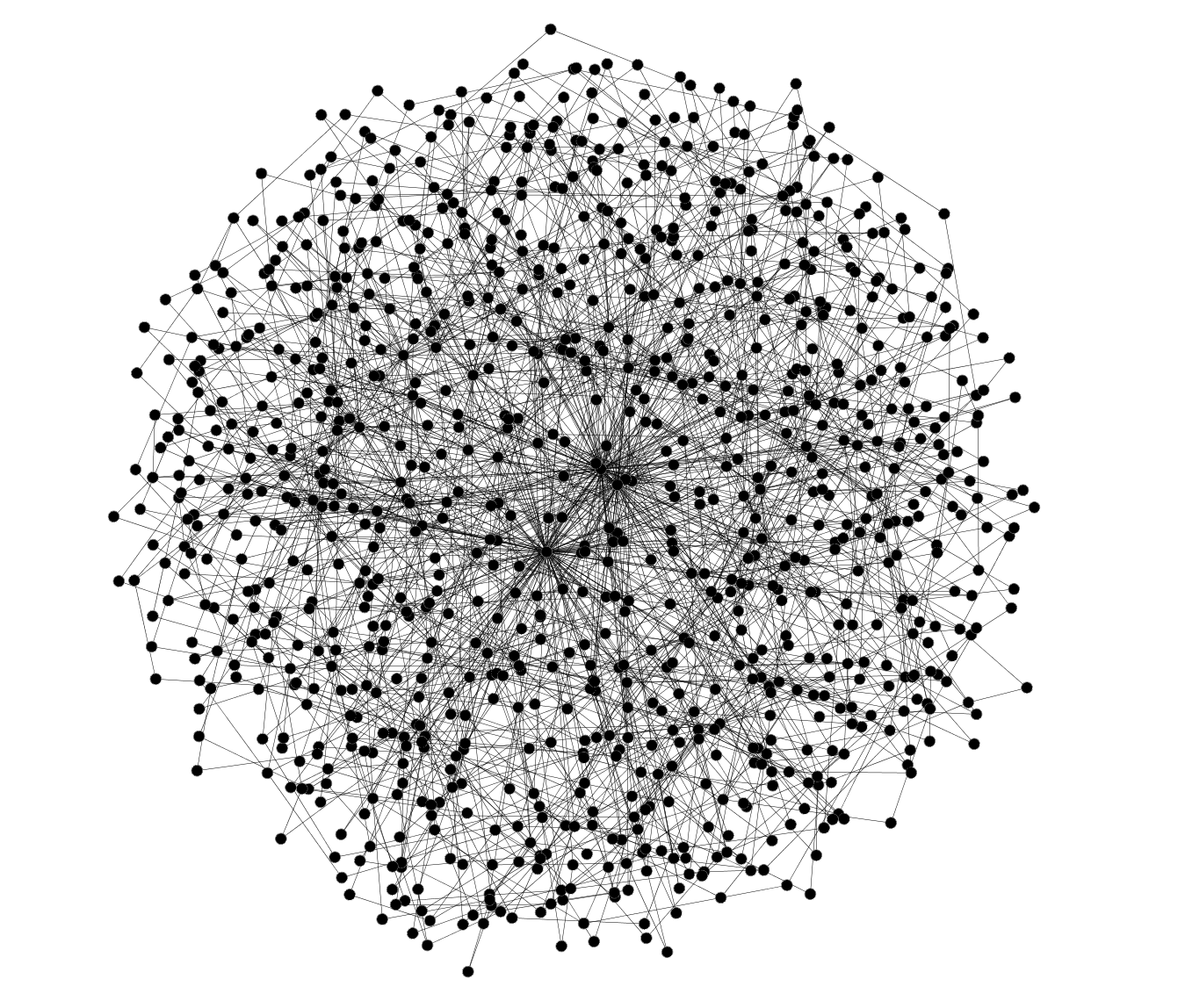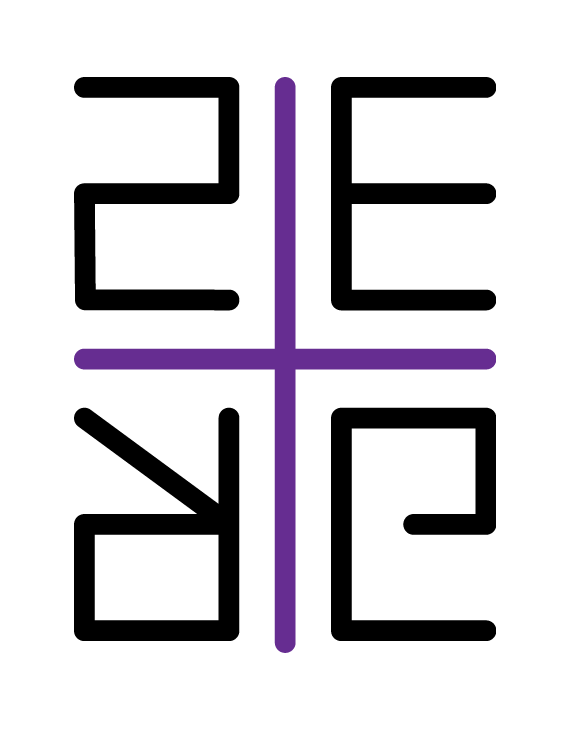
Opinion: Chance & Decision-Making
🎲 𝐂𝐡𝐚𝐧𝐜𝐞 & 📈 𝐃𝐞𝐜𝐢𝐬𝐢𝐨𝐧-𝐌𝐚𝐤𝐢𝐧𝐠 — Long before I called myself a data scientist, I helped build a backend website for sports betting on my very first job. After that, for about a decade, I improved the user experience for gambling sites of all kinds. As it turns out, the first data I engaged with professionally taught me a lot about human nature.
Throughout human history, we have been fascinated with chance. The first known tools used to this end were knucklebones in ancient Sumer, either for fortune-telling or games of chance. Better tools have been invented since, like dice, playing cards, and more recently, random number generators (RNGs). However, now we wield randomness for business/scientific purposes and not just mysticism/entertainment. In fact, the most powerful #MachineLearning methods depend on RNGs.
Above picture by: MET Museum (1 & 2) and World of Playing Cards, Featured image by: Simon Cockell
I recently read the book 𝘛𝘩𝘦 𝘋𝘳𝘶𝘯𝘬𝘢𝘳𝘥𝘴 𝘞𝘢𝘭𝘬, which made me reflect on what drew me to the discipline. We are surrounded by randomness, but humans want to be in control, often attributing skill to successful random events (ɢᴀᴍʙʟᴇʀ'ꜱ ꜰᴀʟʟᴀᴄʏ), and lack thereof otherwise. #Data can improve decisions by separating the signal from the noise and tracing outcomes to plausible causes. This possibility is what inspires my journey! What's yours?

